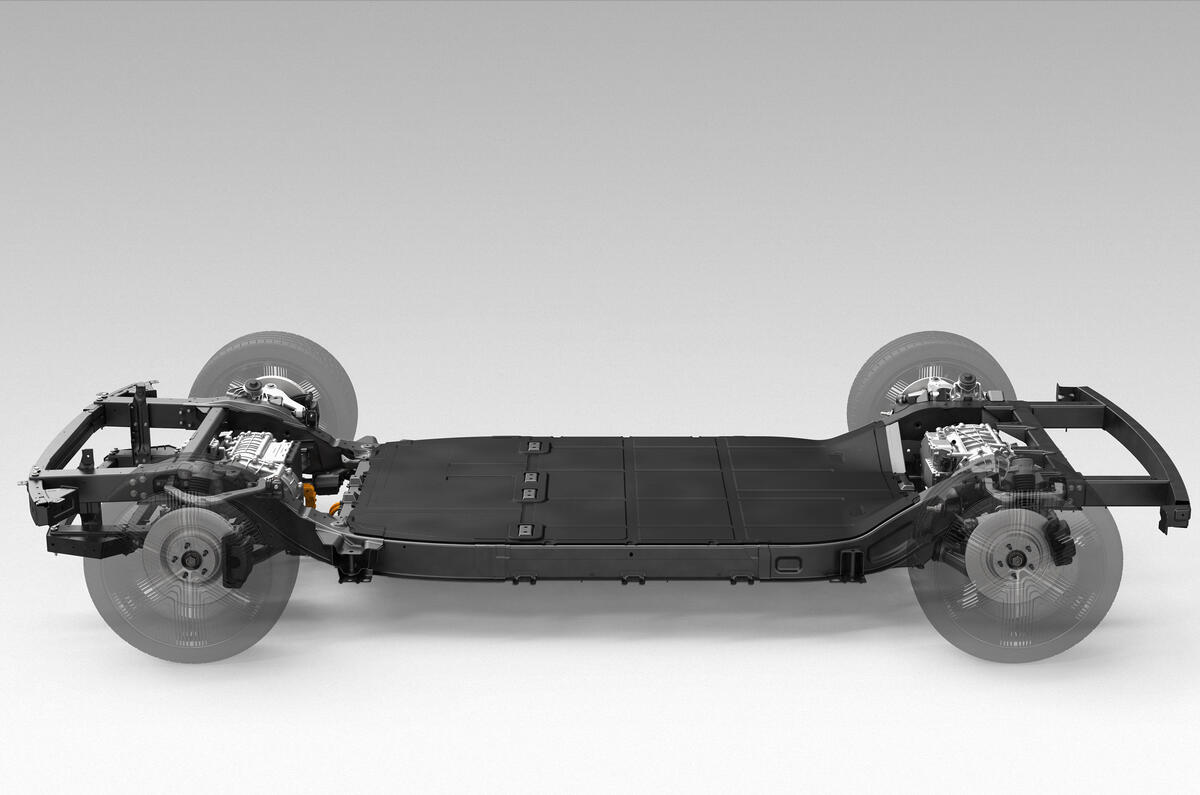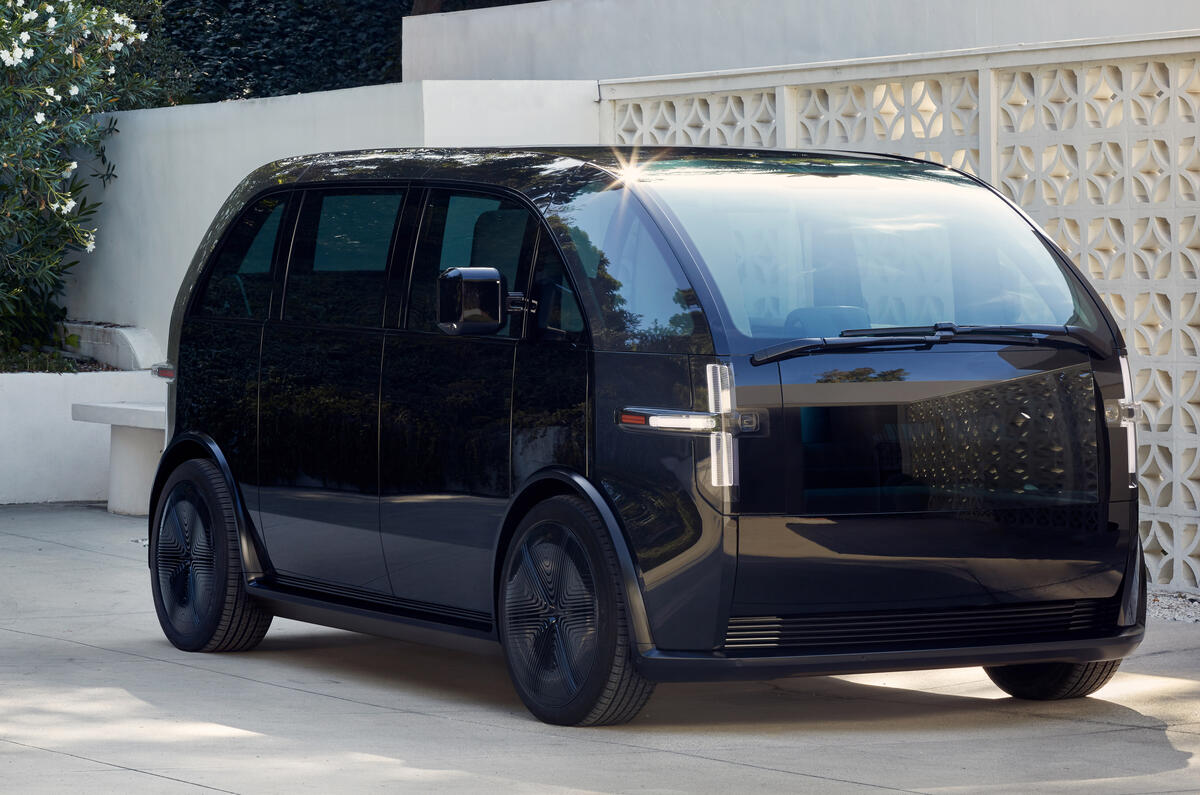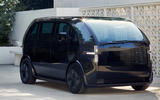The Hyundai Motor Group will build a range of "autonomous-ready" electric Hyundai and Kia vehicles based on an electric platform developed by Californian EV start-up Canoo.
Los Angeles-based Canoo has developed a skateboard platform for a range of vehicles that it intends to offer on a subscription basis. It has now signed a deal to work with the Korean manufacturer to use the architecture for vehicles ranging from small EVs to large shared purpose-built vehicles (PBVs). Canoo will provide both the platform and "engineering services".
Canoo’s platform is a self-contained unit that houses all the key powertrain components, on the top of which any type of car body can be fitted. Hyundai said it was attracted to the platform because of an emphasis on "functional integration", with key components fulfilling multiple functions - in turn reducing the size, weight and complexity of the chassis.
Hyundai said using Canoo’s adaptable platform would “allow for a simplified and standardised development process for Kia and Hyundai electrified vehicles, which is expected to help reduce cost that can be passed along to consumers.”
Hyundai R&D boss Albert Biermann said the firm was “highly impressed by the speed and efficiency in which Canoo developed their innovative EV architecture”. He added that the two firms would develop “a cost-effective Hyundai platform concept that is autonomous ready and suitable for mass adoption.”
The Hyundai Motor Group recently committed to investing £67 billion in the next five years on future growth plans and EV development. That includes £40bn of investment in "future technologies" and £19bn in electrification, with the goal for "eco-friendly vehicles" to account for 25% of group sales by 2025.
The group already has the full-electric Hyundai Kona Electric, Kia e-Niro and Kia Soul EV on sale. It recently invested £85 million in British EV start-up Arrival in a deal that will involve the development of a range of electric vans and shuttles on that firm’s electric platform. In addiiton, it showed a PBV concept at this year's CES tech event, where it also unveiled a flying taxi concept.
Originally called Evlozcity, Canoo was founded in late 2017 with the plan to offer four EVs on a membership subscription business model. It unveiled its first machine, an unnamed MPV-style machine it calls an "urban loft", last year, ahead of a planned launch in 2021.
Canoo said its platform design will “reimagine EV design in a way that challenges traditional automotive shape and functionality.”
READ MORE
Hyundai invests £85 million in British EV start-up
CES 2020: Hyundai unveils flying taxi and electric vehicle concepts











Join the debate
Add your comment
Chassis design
Oh great we are back in the 1950's with our chassis concepts.
And they said we must take the Defender Land Rover out of production because its chassis couldn't be adapted to modern crash requirements